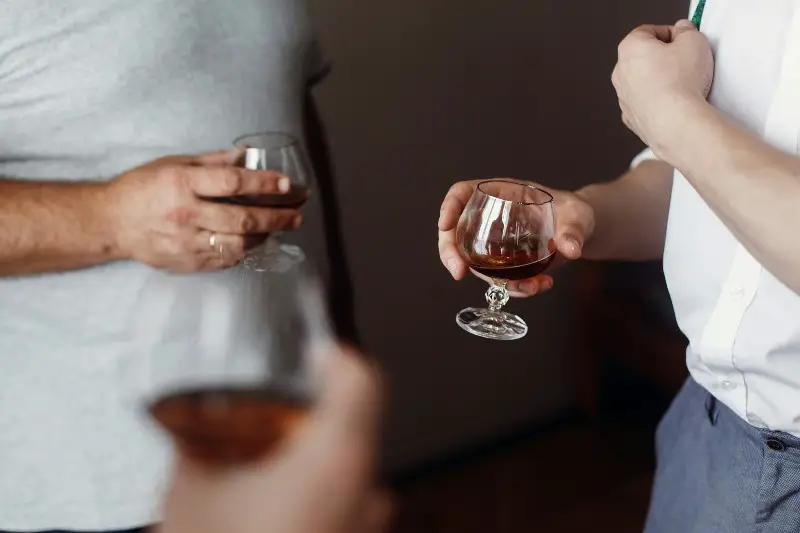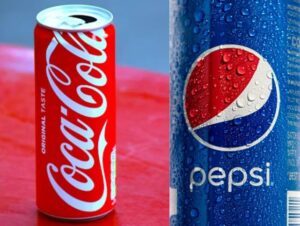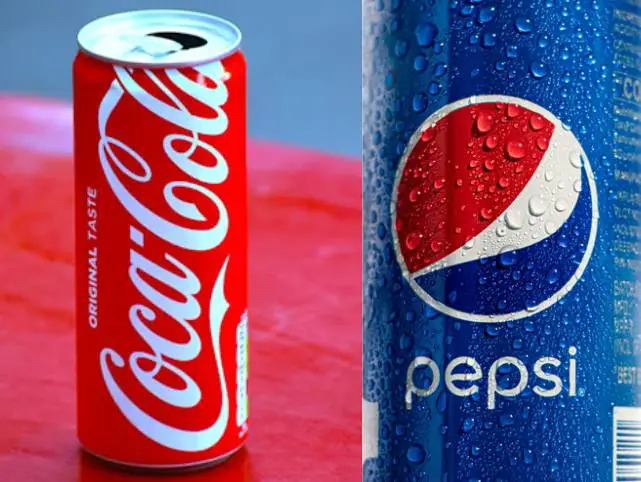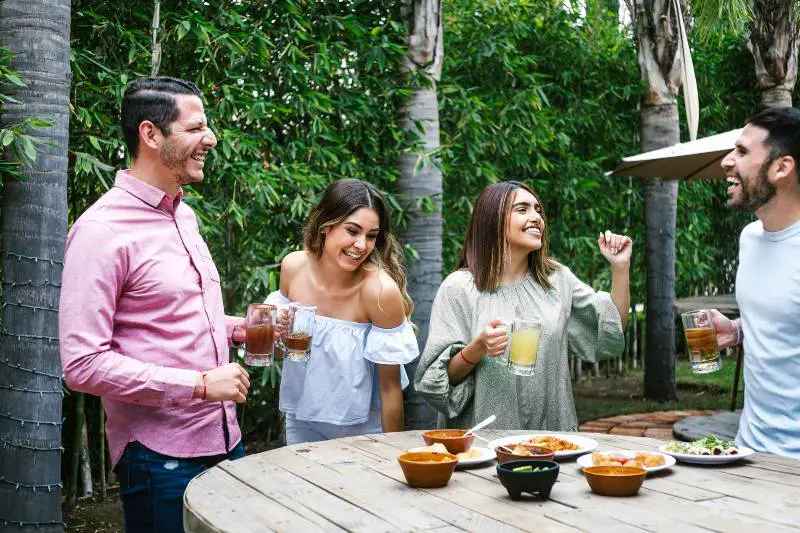The term ‘spirits’ has long been synonymous with alcoholic beverages, particularly those that are distilled.
The name comes from a mix of historical, cultural, and scientific factors, along with rules about naming alcoholic products. Recently, as non-alcoholic versions of these drinks have become popular, the way we use the term has grown, leading to new words in the beverage industry.
This article explains why alcoholic drinks are often called “spirits”, the deep roots of the term and what it means today.
Key Takeaways
- The term ‘spirits’ for alcoholic beverages originates from the ethereal nature of the distillation process and historical beliefs about the immaterial or ghostly.
- ‘Aqua vitae’ or ‘water of life’ is a Latin term that influenced the term ‘spirits,’ highlighting alcohol’s transformative and medicinal properties.
- Regulatory frameworks stipulate that the term ‘spirit’ can be used for low/no alcohol products if it’s clear that the product is not traditionally alcoholic.
- Non-alcoholic spirits have gained popularity by emulating flavors of traditional spirits without the alcohol content, expanding booze-free options.
Historical and Cultural Origins of the Term ‘Spirits’
Ethereal Distillation Process
You might find it fascinating that the term ‘spirits’ comes from the way alcohol is made. When people first made drinks like brandy or whiskey, they used a process called distillation. This turns the drink into a vapor and then back into a liquid.
To the folks back then, this seemed almost magical, like a ghost or spirit was involved. That’s why they started calling these drinks ‘spirits’.
Cultural Beliefs and the ‘Water of Life’
Long ago, people called alcohol ‘aqua vitae‘, which means ‘water of life.’ They thought it could heal and help them feel better. This name was used in many languages and helped make the idea of alcohol being special or powerful.
So, when you hear ‘spirits’, it’s also about how people once saw alcohol as a kind of magic water that could do amazing things.
Alcohol in Spiritual Rituals
Alcohol wasn’t just for drinking; it was also part of many religious ceremonies. People used it to connect with gods or spirits. Because of this, the word ‘spirits’ also reminds us of how alcohol was linked to these important moments.
It was a way to feel closer to something bigger than ourselves during special times.
The Diverse World of Spirits
The world of spirits is vast and full of variety. You’ll find a wide range of flavors and types to explore. From the well-known whiskeys and vodkas to the more exotic absinthes and tequilas, there’s something for everyone.
Spirit Category
When you think about spirits, you might picture a bottle of whiskey or vodka. But the spirit category is much bigger. It includes drinks like gin, rum, and brandy. There are also spirits made from rice and other non-fruit ingredients. Some spirits are even mixed, like vodka-tequila blends.
The Seven Types of Spirits
There are seven main types of spirits that you should know about:
- Whiskey
- Vodka
- Rum
- Gin
- Tequila
- Brandy
- Liqueurs
Each type has its own unique taste and way of making it. For example, whiskey is often aged in barrels, and gin is flavored with juniper berries.
Flavor Infusions and Mixed Drinks
People love to mix spirits with other flavors to make new drinks. You can add fruits, herbs, or spices to spirits to change their taste. Cocktails are a fun way to mix different spirits and flavors together. Drinks like margaritas and mojitos are made by mixing spirits with other ingredients.
The Emergence of Non-Alcoholic Spirits
You might wonder, what exactly is a non-alcoholic spirit? It’s a drink made to taste like traditional spirits but without the alcohol. These drinks are crafted using methods similar to those used for alcoholic spirits.
They include distillation and the infusion of botanicals, herbs, and spices. This way, you get the complex flavors without the effects of alcohol.
The Craft of Creating Alcohol-Free Alternatives
Creating a non-alcoholic spirit is an art. Distillers use both old and new techniques to make drinks that taste like the real thing. They mix different ingredients to get the right flavor.
This includes things like juniper for a gin taste or spices for a whiskey feel. The goal is to make a drink that gives you the same joy as an alcoholic one, but without the booze.
Growth and Popularity in the Beverage Industry
In the last five years, non-alcoholic spirits have become more popular. They are now a big part of the drinks market. Even big distilleries are making non-alcoholic options.
For example, Great Lakes Distillery created a drink called Junipre. It’s inspired by their popular gin but has no alcohol. People like these drinks because they can enjoy the taste of a cocktail without the alcohol.
Replicating the Complexity of Alcoholic Spirits
When you try non-alcoholic spirits, you might be surprised by how much they taste like the real thing. Makers work hard to copy the complex flavors of traditional spirits.
They use special ways to make the drinks, like adding herbs and spices. This helps the non-alcoholic versions taste a lot like the ones with alcohol. You can find non-alcoholic drinks that taste like gin, whiskey, and more.
Innovative Distillation and Infusion Techniques
To make non-alcoholic spirits taste good, creators use new and old tricks. They mix things like botanicals, which are plant parts, to add flavor. They also use new ways to make the drinks without alcohol.
They take special steps to keep the taste strong. It’s like a science experiment to make sure the drink is just right.
The Sensory Experience of Non-Alcoholic Spirits
Drinking non-alcoholic spirits is about more than just taste. It’s about how the drink feels in your mouth and the smells you notice. Makers of these drinks think about all these things.
They want to make sure you enjoy the drink with all your senses. Some drinks might even give you a warm feeling, like what you get from alcohol, but without the buzz.













